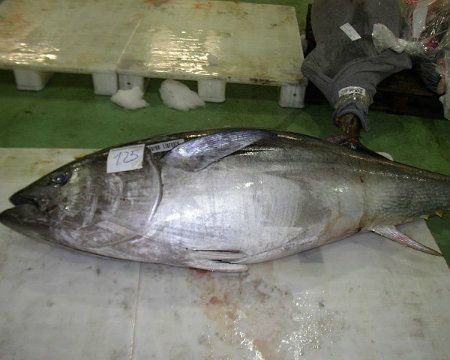Unsustainable Seafood Carries Greater Health Risks
We all know that eating sustainable seafood is a laudable goal, but most people are more immediately concerned with the healthfulness of their seafood than its sustainability. But according to a new study, sustainable seafood might actually be more healthful for consumers than the less eco-friendly alternative.
"If the fish is sustainable, then it is likely to be healthy to eat, too," said researcher Leah Gerber, associate professor at Arizona State University, according to The Huffington Post.
"Studies of consumer response to seafood awareness campaigns indicate that health attributes of seafood are often a considerably more important factor in purchasing decisions than whether the species was harvested sustainably," reads the study, which was published in Frontiers in Ecology and the Environment. "We found that the more sustainable items were also consistently safer to consume."
To determine risk versus healthfulness, the researchers compared mercury concentrations with omega-3 fatty acid concentrations.
Unsustainable seafood products were found to present higher health risks from hither mercury concentrations, while not necessarily providing greater health benefits compared with sustainable seafood items. A possible explanation for the difference is that larger, longer-lived fish accumulate higher mercury concentrations, while they are also greater targets for overfishing, according to the study.
Considering that sustainable seafood is both safer to eat and better for the environment, check out our guide to seafood sustainability to make the best choices.
